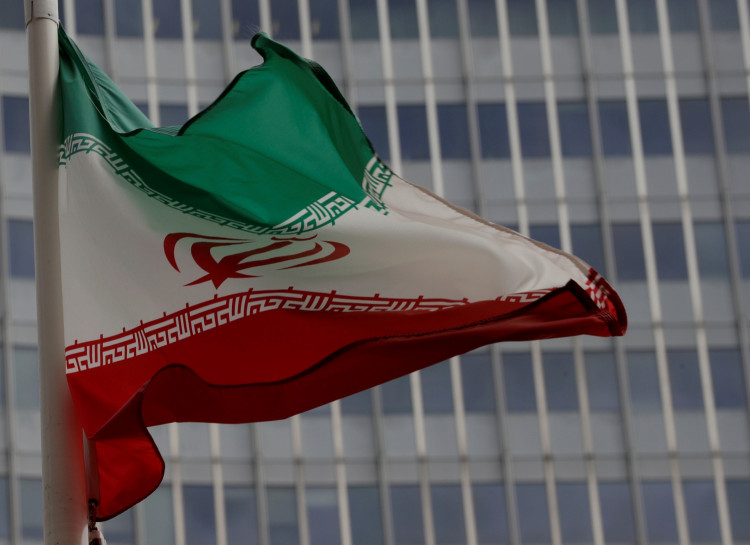The IAEA's confidential reports to member states revealed a surprising move by Iran to downblend a significant portion of its highly enriched uranium, for reasons not explicitly stated in the reports. The action has led to speculation among diplomats about Iran's intentions, with some suggesting it may be an effort to reduce tensions with Western nations or part of an undisclosed agreement.
At the end of the previous year, Iran possessed enough uranium enriched to up to 60% purity, close to the 90% considered weapons-grade, theoretically sufficient to produce three nuclear bombs. This stockpile, coupled with additional uranium enriched to lower levels, could potentially fuel more bombs, although Iran denies any intention to develop nuclear weapons. Western countries have expressed concern, stating there is no civilian justification for such high levels of enrichment.
The pace of Iran's enrichment activities has fluctuated, with a noticeable slowdown last year attributed by diplomats to possible secret negotiations between Washington and Tehran, which coincided with the release of U.S. citizens detained in Iran. However, enrichment rates resumed to previous levels after these talks concluded, with no immediate prospects for revival amid the ongoing Israel-Gaza conflict.
The IAEA has also raised issues regarding Iran's cooperation with inspectors, specifically the de-designation of some inspectors which has significantly reduced the agency's capacity to monitor Iran's enrichment activities effectively. IAEA Director General Rafael Grossi has expressed regret over Iran's lack of action to reverse these decisions, emphasizing the importance of full cooperation for the agency's verification efforts.
Furthermore, the total amount of uranium stockpiled by Iran continues to exceed the limit set by the 2015 Joint Comprehensive Plan of Action (JCPOA) by 27 times, despite the recent dilution of its 60% enriched uranium. This increase in the overall stockpile heightens concerns about Iran's ability to quickly advance from near-weapons grade enrichment to weapons-grade, further complicating the already tense situation in the region.
As the international community watches closely, the developments in Iran's nuclear program and its interactions with the IAEA remain critical factors in global efforts to prevent nuclear proliferation and ensure regional stability.




